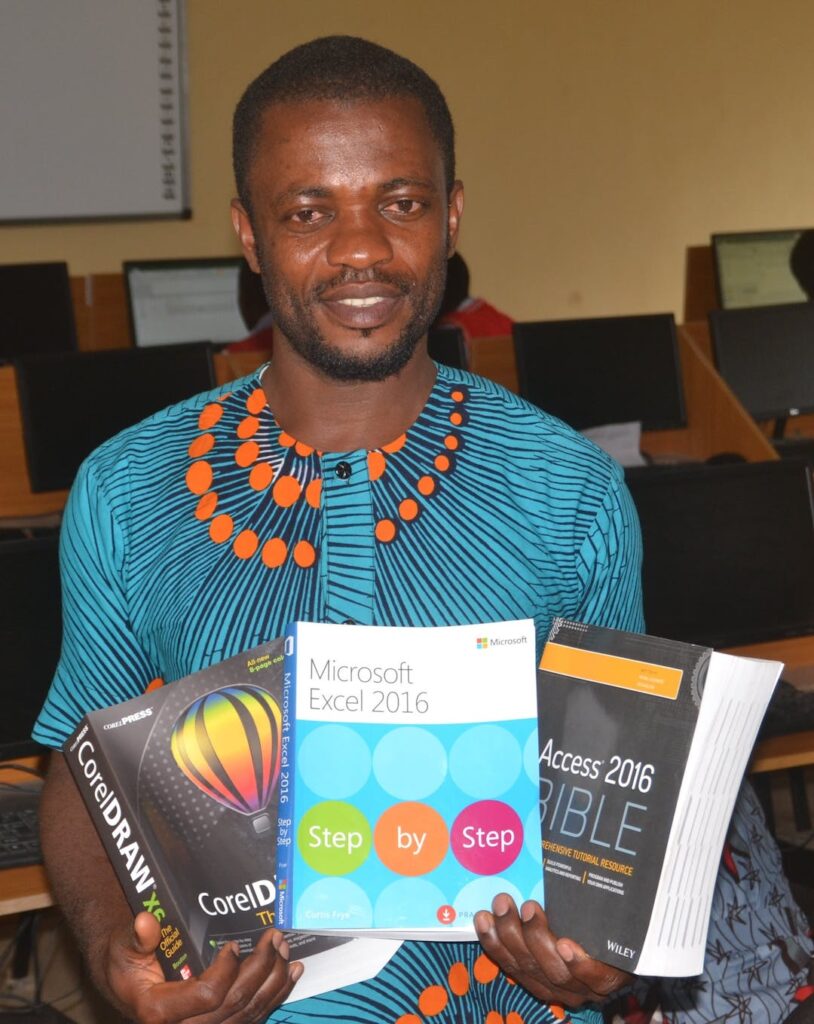- info@azoneta.org
- Brampton, ON Canada.

4 in 10 Nigerians were living in poverty and millions more, were vulnerable to falling below the poverty line prior to the COVID-19 pandemic. Based on the most recent official survey data from the Nigerian National Bureau of Statistics, 39.1% of Nigerians lived below the international poverty line of $1.90 USD per person per day.
It was also determined that a further percentage of Nigerians (close to 40%) lived on a $1.90 USD to $3.20 USD per day, which potentially could drive them into extreme poverty when catastrophic events occur. Nigeria has struggled to invigorate the broad-based growth needed to tackle poverty especially with a given high population growth and the lack of job creation.
Pre-crisis poverty in Nigeria disproportionately affected rural dwellers and households living in northern Nigeria. Among those living below the $1.90 poverty line in 2018/19, 84.6 percent lived in rural areas and 76.3 percent lived in the North Central, North East, or North West zones.
This why our commitment towards poverty alleviation is targeted towards these
rural communities.We continuously work on ideas and programs that can help lift people out of poverty such as providing accessibility to education through programs such as funding teacher salaries, book donations, scholarship funds, rejuvenating school infrastructures, donating school equipment and materials such as desks, whiteboards to name a few.
According to the Food and Agriculture Organization (FAO) of the United Nations
definition, food security is said to exist when all people at all times have access to sufficient food to meet their dietary needs for a productive and healthy life.
The FAO also highlights population growth as a critical determinant of food
security. It is therefore not surprising that with the observed large increases in the
country’s population, Nigeria faces a crisis in terms of access to food and general food availability.
Nigeria’s population is approximately 211 million people, making it the most
populous country in Africa and the seventh most populous country in the world.
According to the 2020 Global Food Security Index from the Intelligence Unit of The Economist, Nigeria is ranked 100 out of 113 countries. This low-rank status is indicative of the challenges that the country experiences with food security.
Our mission revolves around implementing seasonal food drives, supporting orphaned and vulnerable children and in addition, promoting programs around smallholder farmers.


Lack of access to health care services is an impeding factor towards development in sub-Saharan Africa. In Nigeria, primary health care is offered at health centres and clinics across various communities. In spite of the efforts and demand to reform the health sector and improve the health status of the increasing population, inequalities in health and health care have increased. A high percentage of women have barriers to accessing health care in Nigeria. For example, the report by the National Population Commission in 2009 showed that around 56% of Nigerian women had some financial barriers to accessing health care while 33% had a physical barrier.
To address these concerns, we play our part in funding and providing accessibility to informative health care for women and young girls, predominantly focusing on sexual and reproductive health. This in the long run will play a key role in our fight to address inequities around access to health care and also in our advocacy for gender equality
Copyright © 2025 AZONETA All rights reserved.